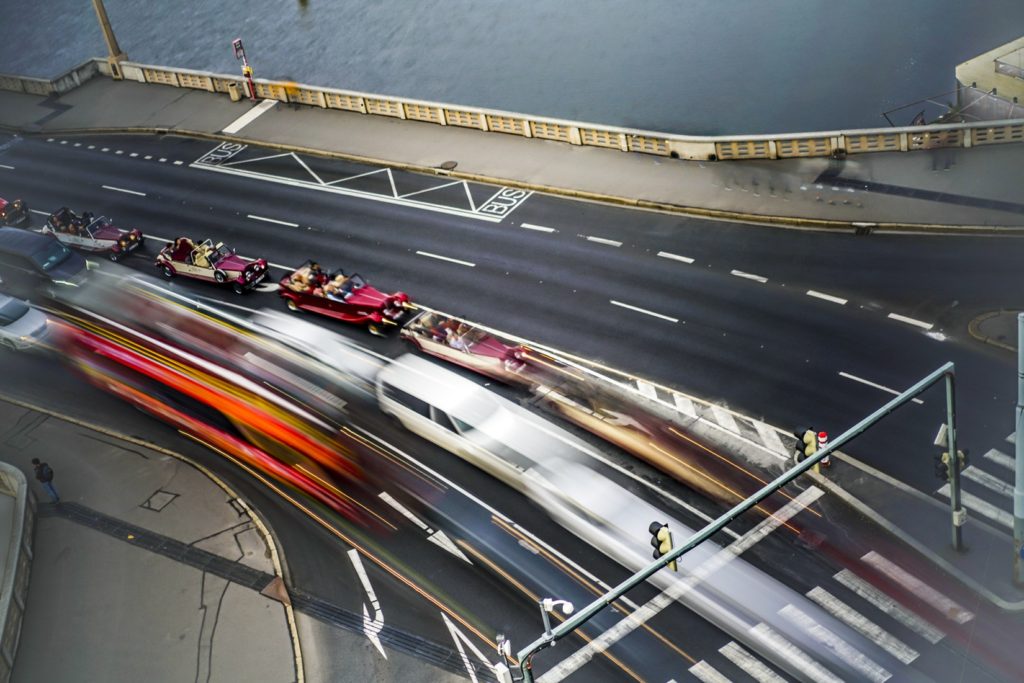
By Nichole Woo | Website: www.walkthenarrows.com
I’m too slow for my life.
I reached this epiphany recently at stoplight, as I rolled my toothpaste-blue minivan up next to a red-hot Ferrari. It was a contrast too comical to ignore. So, I rolled down the window:
“Wanna race?” I teased, from my towering, sixteen-cup holder perch. The driver smirked and revved his engine. He left me in the dust, but not without a new metaphor to ponder.
Like it or not, we’re all part of this human race.
Within moments of a “positive” on a home pregnancy test (provided aim is good), we’re involuntarily and irrevocably nudged off the starting blocks. A barrage of benchmarks accost our lives in utero: Movements are measured, heartbeats counted, and that’s all before labor (which is often too early or late).
We welcome our beloveds with a kiss and an Apgar score, with many metrics to follow. Blink and these scores evolve into ABC competency, “unofficial” Pre-K soccer goals (that are counted anyways), ACT/SAT results, college acceptance letters, suitable relationships and bank accounts balances.
For better or worse these metrics are constant companions, pushing us through life at breakneck speeds. We pity those who straggle behind, but press on towards an ever-allusive finish line so we can win . . . we’re not sure exactly what. We fear that if we slow down, we’ll surely be lapped by something or someone; which means, we all just keep going in circles.
Years of pounding this course have frayed the fabric of my soul. I’m always winded and perpetually losing pace. It’s no wonder:
I’m the minivan, not the Ferrari.
Why am I pushing so hard to check the next box, when it’s always followed by another? Are these metrics, escorting every lap of life, a proper plum line? I must finish the race; but who says I should break the tape at world record pace?
Perhaps there is time to roll down the window, and just pause.
When I pause, I see things both heart-breaking and beautiful. I see glimpses of humanity as the dust clears: Some sprint by while others limp; a few can only crawl. There are others slowing too – Samaritans quietly crossing over to help some who stumble, and others stranded on the ground. They’ve tossed conventional measuring sticks, falling behind to usher others ahead.
I see a father put down his phone, to look up at his child. I hear the single mom’s “yes” to the caseworker asking her to welcome a second child. I glimpse the teacher, lingering long enough after the bell to gift his struggling student with a kind word. I catch the customer, pausing just long enough to meet the cashier’s eyes and smile.
They pause, as He did from the beginning:
When He saw what He made was good, and again to seek the pair who ushered in its corruption. He perceived Sarah’s pain, Hagar’s rejection, and David’s unborn frame. Then with human eyes He paused, and peered beyond earthly flesh: In the crooked tax collector, the unclean cloak-toucher, and the wayward woman at the well. He paused for imperfect humanity, again and again, to usher in divine glory.
This is the paradoxical beauty of falling behind.
To decelerate in this life seems like sacrilege. Surely, we’ll be lapped – passed up, passed by, or passed over. But to pause is to shadow the God who sees * the souls around Him and declares, “the last will be first, and first will be last.” **
I’m too slow for my life. Now, I’m thinking about driving even slower. Because whenever I wait for the dust to clear, I see that “human” matters infinitely more than “race.” In the pauses I remember: It’s not about when I finish, but who finishes with me.
*Genesis 16:13 (NIV)
**Matthew 20:16 (NIV)
***
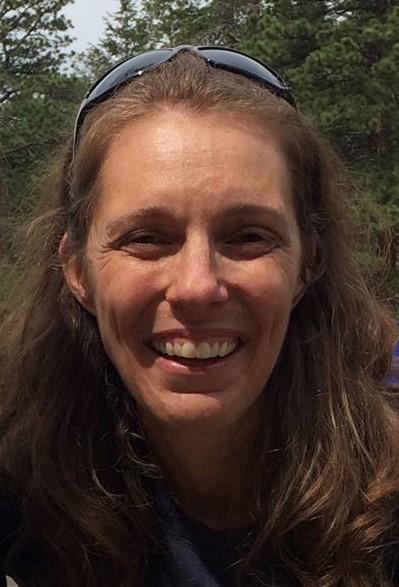
Despite a deep desire to belong, Nichole Woo often finds life nudging her to the margins. She’s been the only girl on the team, the only public speaking teacher afraid of public speaking, the only Caucasian in the extended family photo, and the only mom who lets her kids drink Fanta. She calls the Rockies home, often pretending to be a Colorado native in spite of her flatland origins. Visit her blog at www.walkthenarrows.com.
Sign up for the monthly-ish newsletter and I’ll send you a free list of hospitality resources!
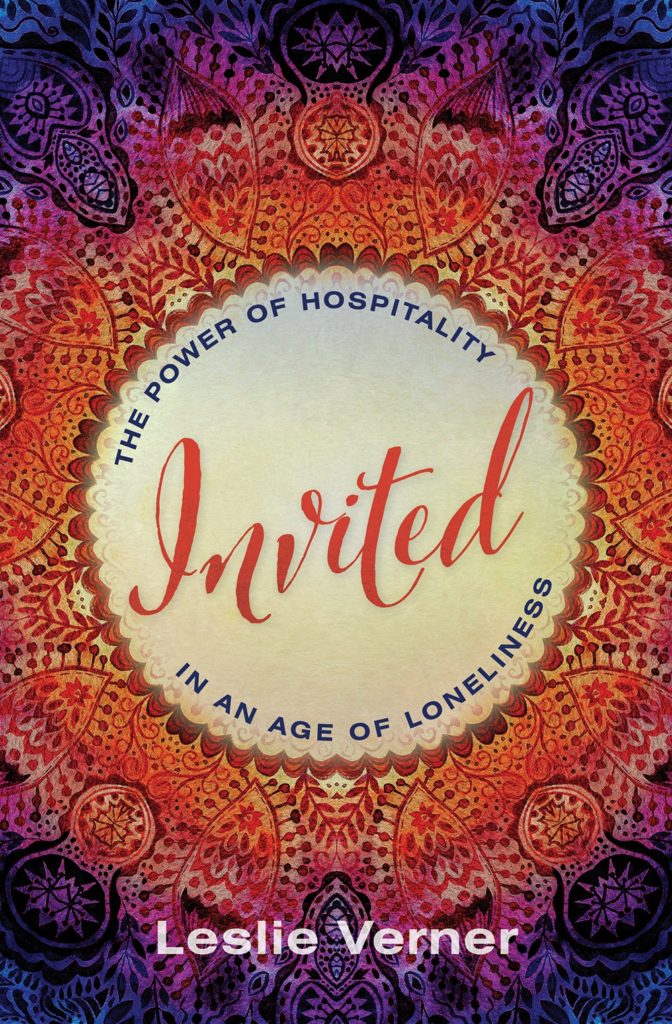
My new book Invited: The Power of Hospitality in an Age of Loneliness is now available for pre-order! You can read about the book as well as some of the advance praise for the book by visiting this page. Sign up for my newletter above to keep up-to-date on pre-order bonuses, launch team, book recommendations, and more!

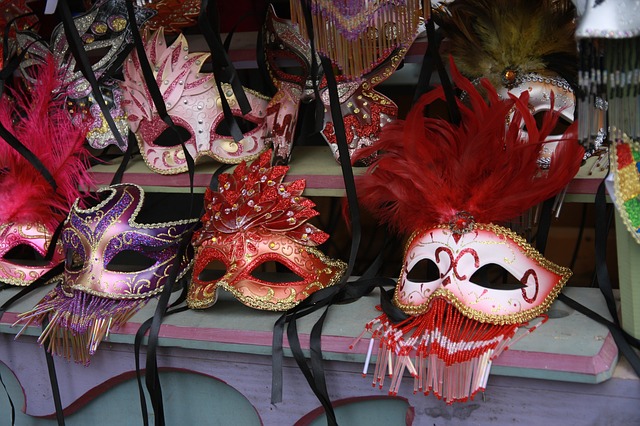
 Despite a deep desire to belong, Nicole Woo often finds life nudging her to the margins. She’s been the only girl on the team, the only public speaking teacher afraid of public speaking, the only Caucasian in the extended family photo, and the only mom who lets her kids drink Fanta. She calls the Rockies home, often pretending to be a Colorado native in spite of her flatland origins. Visit her blog at
Despite a deep desire to belong, Nicole Woo often finds life nudging her to the margins. She’s been the only girl on the team, the only public speaking teacher afraid of public speaking, the only Caucasian in the extended family photo, and the only mom who lets her kids drink Fanta. She calls the Rockies home, often pretending to be a Colorado native in spite of her flatland origins. Visit her blog at 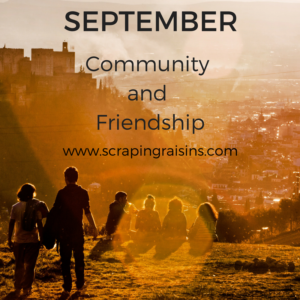 This month on Scraping Raisins we are talking about Friendship and Community. Be sure and subscribe to my newsletter or follow on social media so you don’t miss a post!
This month on Scraping Raisins we are talking about Friendship and Community. Be sure and subscribe to my newsletter or follow on social media so you don’t miss a post!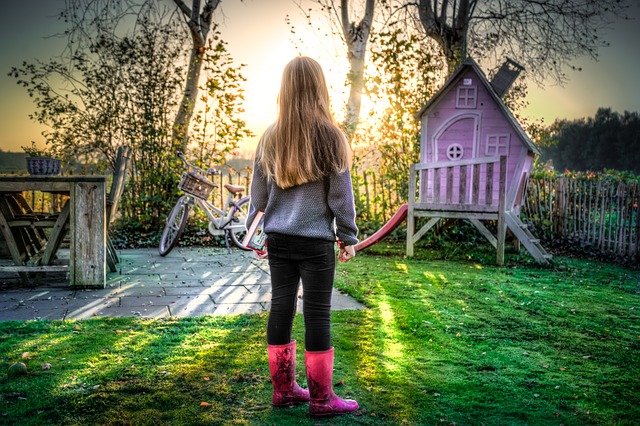
 If you share
If you share 